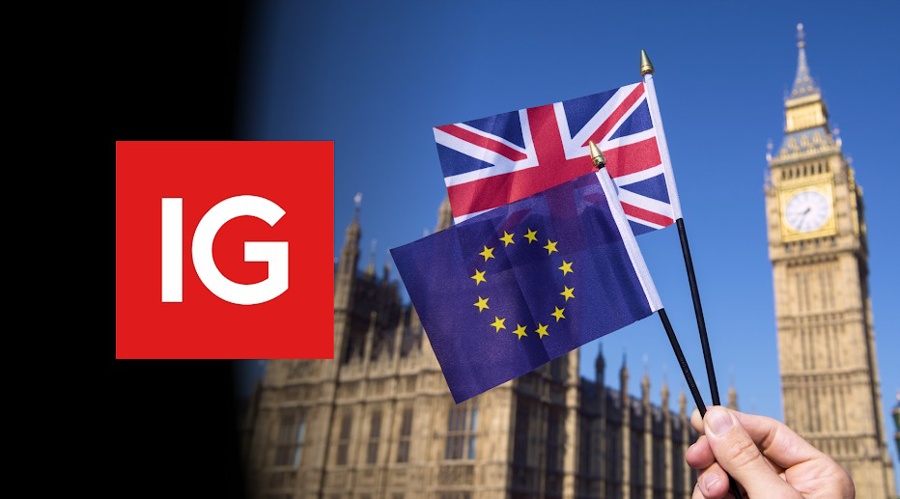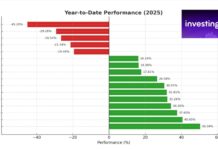The debate surrounding the potential introduction of a digital pound in the UK has sparked considerable discussion among economists and policymakers alike. As the financial landscape continues to evolve, many are left wondering: is the digital pound truly necessary, or is it merely a distraction from more pressing economic issues? In this article, we’ll delve into the current state of the UK’s economy, the implications of a digital currency, and how these developments could affect you as a consumer.
The UK is currently grappling with significant economic challenges. Recent reports suggest that public finances are on an unsustainable trajectory. With the Bank of England forecasting a slowdown in GDP growth, it raises the question—should the government prioritize a digital currency when more immediate concerns demand attention?
Understanding the Economic Context of the Digital Pound
It’s worth noting that the discussions around a digital pound arise amidst warnings from the UK Treasury about fiscal sustainability. The Bank of England has indicated that it may take years before a digital currency would even be considered. Therefore, why rush into a project that may not solve existing problems?
- Public Finances: The current trajectory of public finances raises alarms about the sustainability of existing economic policies.
- GDP Growth: A predicted slowdown in growth could complicate the introduction of a new currency.
Moreover, the potential risks associated with a digital pound—such as encouraging bank runs during economic instability—should give policymakers pause. Is it wise to invest resources into a digital currency when financial stability remains precarious?
The Public’s Perspective on Digital Currency
Interestingly, the public’s perception of cash remains strong. A recent survey showed that 61% of people in the UK still use cash at least once a week. With such a significant portion of the population relying on physical currency, the introduction of a digital pound may not align with consumer preferences.
- Daily Cash Usage: 13% of individuals use cash every day.
- Projected Trends: While cash usage is expected to decline, it may still account for 6% of all payments by 2033.
This raises an essential question: Is the digital pound a solution looking for a problem? As the Treasury Committee points out, clarity on the risks versus benefits remains inadequate.
International Perspectives: The EU’s Stablecoin Dynamics
Across the Channel, European policymakers are grappling with their own digital currency challenges. The European Commission is contemplating a framework that treats stablecoins issued outside the EU as equivalent to those within, provided they adhere to specific guidelines. This initiative aims to streamline cross-border payments but has met resistance from the European Central Bank (ECB), which fears potential risks to financial stability.
- Standardization of Stablecoins: The EU seeks to align stablecoin regulations to foster innovation.
- Concerns Raised by the ECB: The potential risks to monetary policy and national sovereignty cannot be overlooked.
As the EU navigates these complexities, it underscores a critical reality: innovation must be balanced with robust regulatory safeguards to ensure public trust.
The Rise of Crypto in the UK Market
In a surprising move, IG has become the first UK-listed company to allow users to buy, sell, and hold crypto assets. This development coincides with a historical trend where June is usually a slow month for cryptocurrencies. Still, it indicates a growing confidence in digital assets among investors.
- Crypto Adoption Trends: Recent studies show that awareness of cryptocurrencies is high, even if actual ownership is still limited.
- Market Sentiment: The UK market appears cautiously optimistic about the future of crypto, despite regulatory uncertainties.
How will these changes impact you as a consumer? As more companies embrace cryptocurrency, it could pave the way for broader acceptance and integration into everyday transactions.
In summary, while the discussion around the digital pound is intriguing, it’s essential to consider the broader economic context. With pressing financial issues at hand, the urgency for a new digital currency may not be as significant as it seems. As you navigate these developments, staying informed will empower you to make better financial choices in an ever-evolving landscape.




